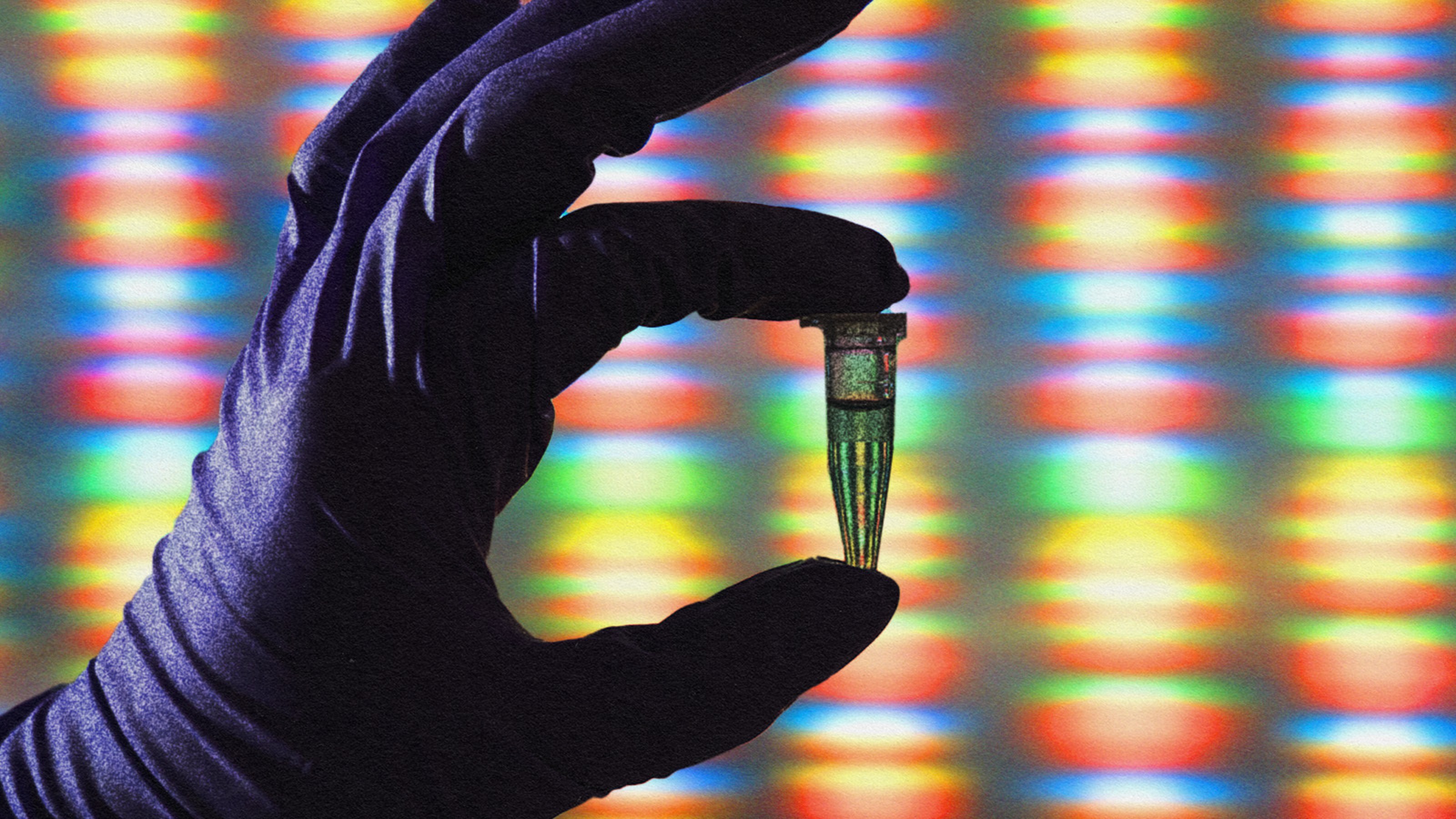New theory of dark personality reveals the 9 traits of the evil people in your life

Do evil people exist? While the answer to this may depend on your religious background and what you understand “evil” to be, scientists have figured out that people have a “dark core” to their personality. What’s more, a General Dark Factor of Personality (D-factor) exists that can tell the extent of a person’s dark traits, which cause questionable ethical, moral and social behavior.
What is the D-factor?
The research team from Germany and Denmark defined the D-factor as “the basic tendency to maximize one’s own utility at the expense of others, accompanied by beliefs that serve as justifications for one’s malevolent behaviors.”
Those who get high scores on such a rubric look to achieve their goals at all costs, even if they harm others in the process. Their goals might also be, specifically, to harm others. The team also predicts that such people would not want to help others in need if it doesn’t benefit them and will derive no “utility” in the success of others. They won’t really be happy if something good happens to anyone but them.
The psychologists established that the D-factor observed in the human population not only serves as a unifying theme among the dark traits, it also works with the principle of “indifference of indicator”. This term is typically used in the context of the ‘general factor of intelligence’ (g-factor), whereby scoring highly on one intelligence test usually means you’ll score higher on other intelligence tests. Intelligence types are related, and no matter what tests you administer to gauge it, the g-factor will still be there—its existence is independent of the tests used to measure it. The same goes for the 9 malevolent traits in the D-factor. The researchers discovered that people who score highly on a single dark trait tend to also score highly on several other dark traits, suggesting that there is a common core of darkness: dark traits are related.
How the study was carried out
The scientists who worked on the study included Morten Moshagen from Ulm University, along with Benjamin E. Hilbig from the University of Koblenz-Landau and Ingo Zettler from the University of Copenhagen.
They proposed that it is possible to measure malevolence similarly to how we measure intelligence. The pioneering psychologist Charles Spearman’s work on human intelligence showed that a general factor of intelligence exists (the g-factor) because people who get a high score on one intelligence test tend to get high scores on other intelligence tests. It also doesn’t matter what specific intelligence test you give—as long as it’s complex enough, it can reliably measure someone’s general cognitive abilities. The D-factor works in a likewise fashion.
Scott Barry Kaufman explains this best in Scientific American: “… the g-factor analogy is apt: while there are some differences between verbal intelligence, visuospatial intelligence, and perceptual intelligence (i.e people can differ in their pattern of cognitive ability profiles), those who score high on one form of intelligence will also tend to statistically score high on other forms of intelligence.”
The scientists identified the D-factor by administering nine different tests across four studies. The tests focused on the dark traits that were previously researched in the psychological literature. Research into the dark traits is not only significant in psychology but in criminology and behavioral economics, reports Scientific American.
The 9 traits of malevolence
These are the 9 traits comprising the D-factor, along with the definitions used by the scientists:
1. Egoism: “the excessive concern with one’s own pleasure or advantage at the expense of community well-being.”
2. Machiavellianism: “manipulativeness, callous affect, and a strategic-calculating orientation.”
3. Moral disengagement:“a generalized cognitive orientation to the world that differentiates individuals’ thinking in a way that powerfully affects unethical behavior.”
4. Narcissism:“ego-reinforcement is the all-consuming motive.”
5. Psychological entitlement:“a stable and pervasive sense that one deserves more and is entitled to more than others.”
6. Psychopathy: “deficits in affect (i.e., callousness) and self-control (i.e., impulsivity).”
7. Sadism: “a person who humiliates others, shows a longstanding pattern of cruel or demeaning behavior to others, or intentionally inflicts physical, sexual, or psychological pain or suffering on others in order to assert power and dominance or for pleasure and enjoyment.”
8. Self-interest:“the pursuit of gains in socially valued domains, including material goods, social status, recognition, academic or occupational achievement, and happiness.”
9. Spitefulness:“a preference that would harm another but that would also entail harm to oneself. This harm could be social, financial, physical, or an inconvenience.”
How dark is your personality?
If you’d like to test yourself to see how malevolent you might be, the psychologist Scott Barry Kaufman devised a short version of the D-factor test in his article for Scientific American. The more you are in agreement with multiple items on this list, the higher your D-factor score is likely to be:
The Dark Core Scale
1. It is hard to get ahead without cutting corners here and there.
2. I like to use clever manipulation to get my way.
3. People who get mistreated have usually done something to bring it on themselves.
4. I know that I am special because everyone keeps telling me so.
5. I honestly feel I’m just more deserving than others.
6. I’ll say anything to get what I want.
7. Hurting people would be exciting.
8. I try to make sure others know about my successes.
9. It is sometimes worth a little suffering on my part to see others receive the punishment they deserve.
To learn more, check out the new paper here. More information about the dark factor can also be found on the site established by the psychologists.





